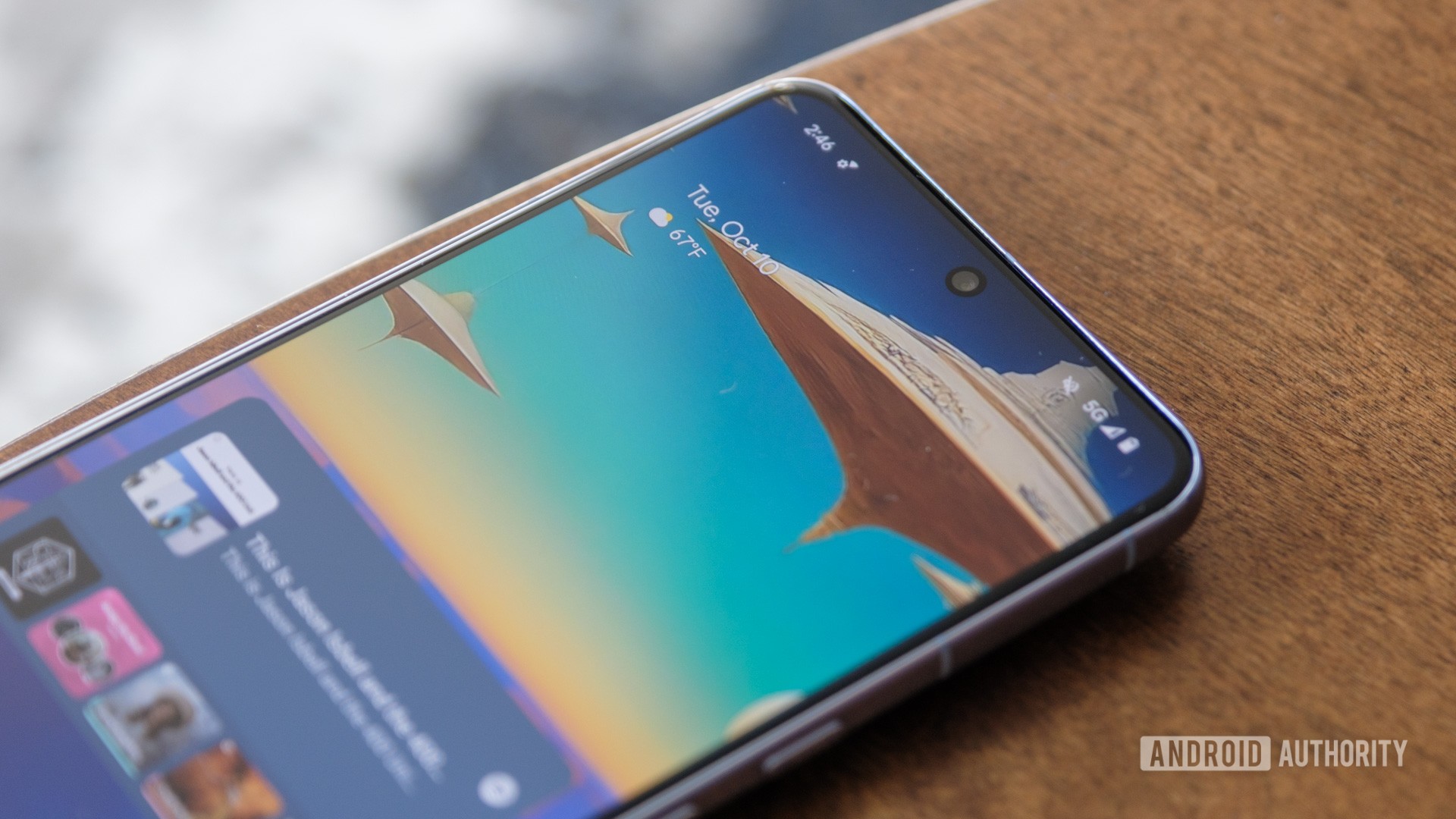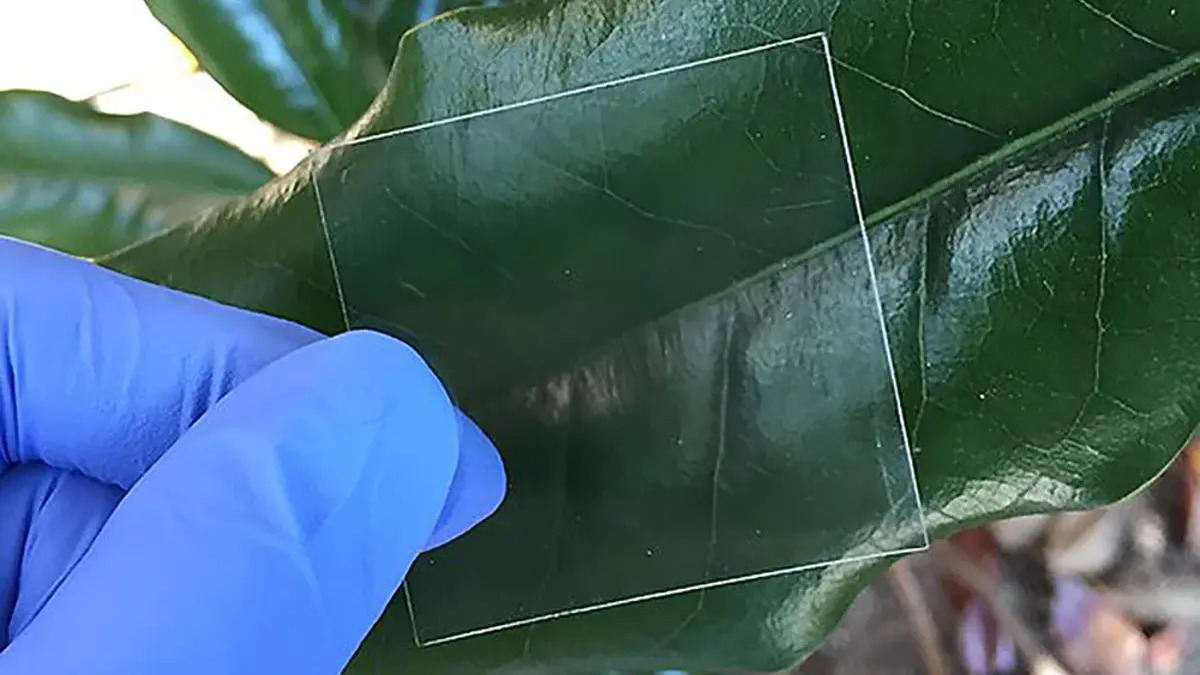Affiliate links on Android Authority may earn us a commission. Learn more.
Your next smartphone screen could be made out of...wood?
January 5, 2024

- Researchers are working on creating transparent wood that would be a viable alternative to glass and plastic.
- Tests have shown that transparent wood is three times stronger than Plexiglass and 10 times stronger than glass.
- Transparent wood could also prove useful in other applications like smart windows.
Glass and plastic have long been the default for most device displays, but that could change in the near future. Researchers are currently working on transparent wood as a potential alternative to the two materials for smartphone screens and other uses.
A report from Scientific American details the work of researcher Lars Berglund of the KTH Royal Institute of Technology in Sweden and researchers at the University of Maryland (UM) on transparent wood. After years of experiments, the researchers see transparent wood as having a promising future in a variety of applications.
If you’re wondering how they made wood see-through, it’s a process that involves modifying or removing a substance called lignin. This glue-like substance is what holds the tube-like cells that transport water and nutrients throughout a tree together and helps give the tree its brown color. The researchers removed or bleached the lignin to remove the color, then filled it with epoxy resin to render it transparent.

According to Berglund and lead scientist Liangbing Hu at UM, millimeter-thick sheets of transparent wood allow 80% to 90% of light through. However, this light transmittance starts dropping the closer the sheet gets to a centimeter thick. In addition, tests that measured how easily the wood fractured or broke under pressure found that transparent wood is three times stronger than Plexiglass and 10 times stronger than glass.
Due to the slim profile of wood sheets, the material is seen as a potentially great alternative to glass and plastic for display screens. It’s also seen as possibly being a viable candidate to replace glass for windows. However, transparent wood windows would be closer to something like frosted glass. It’s also been found that these windows can be used to mimic smart windows that switch from transparent to tinted.
According to the report, transparent wood isn’t as environmentally friendly as glass yet since the epoxy resin is a petroleum-derived plastic product. But the two research groups are working on more environmentally sustainable substitutes like hydrogen peroxide with UV radiation and a bio-based polymer created from citrus peels.